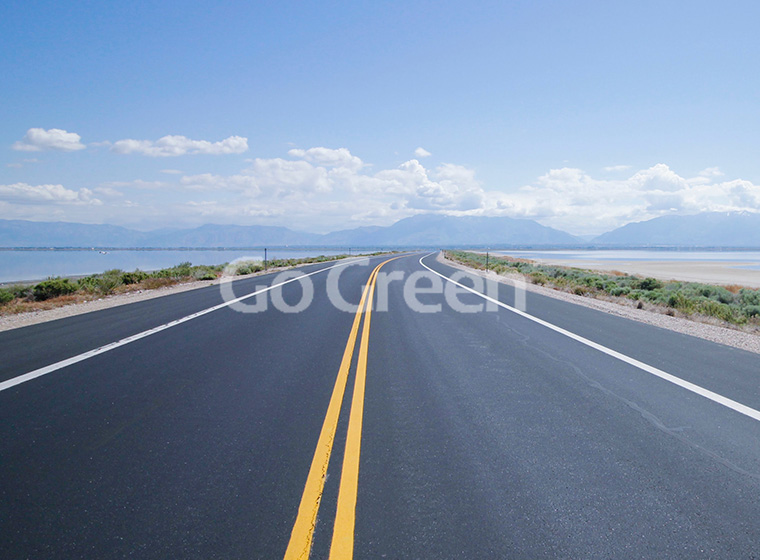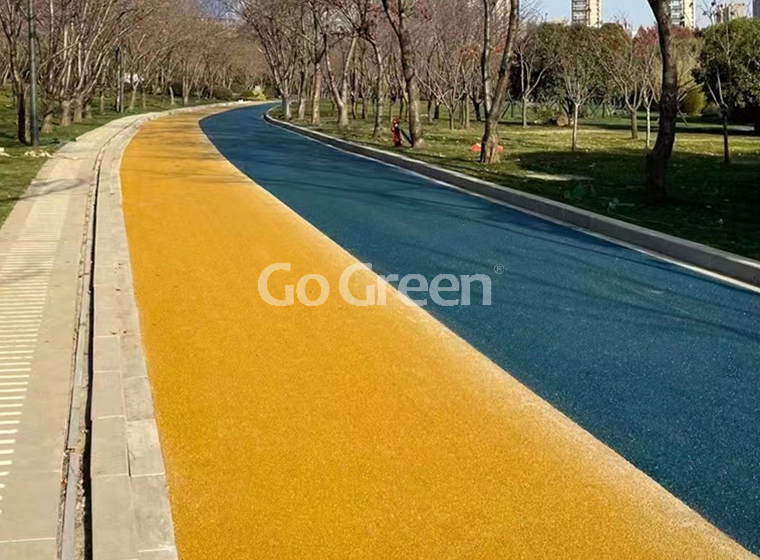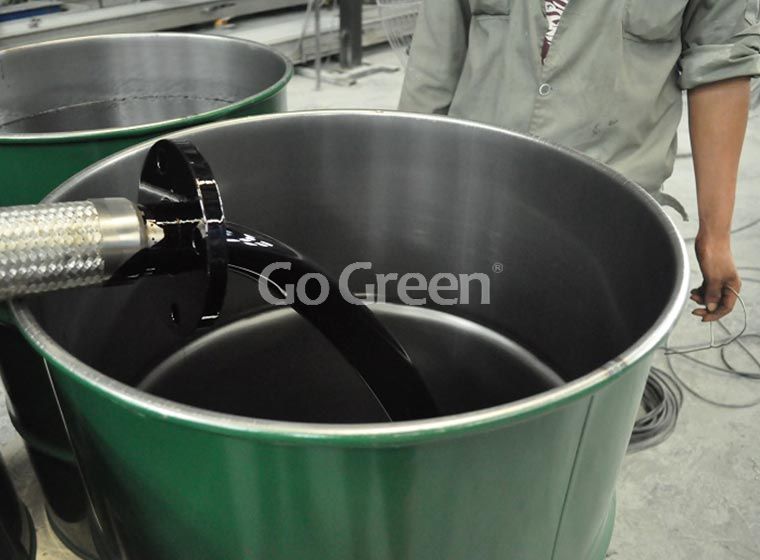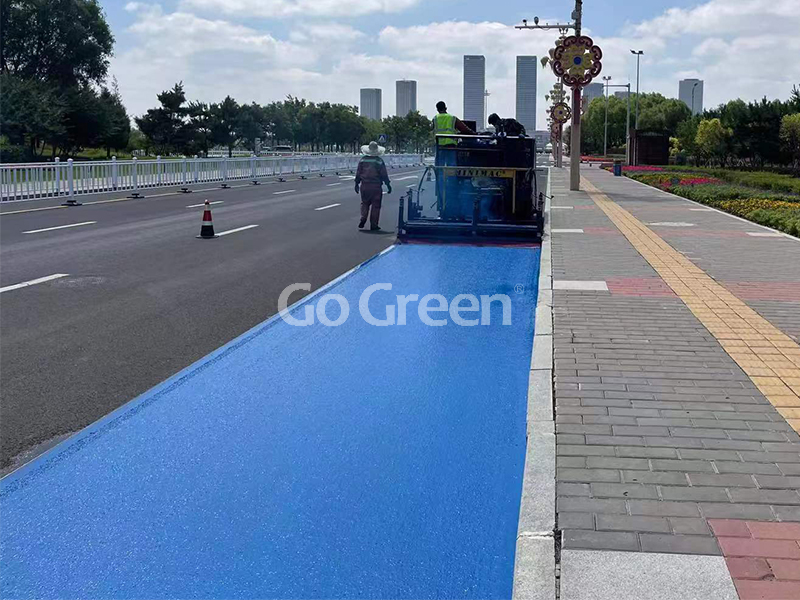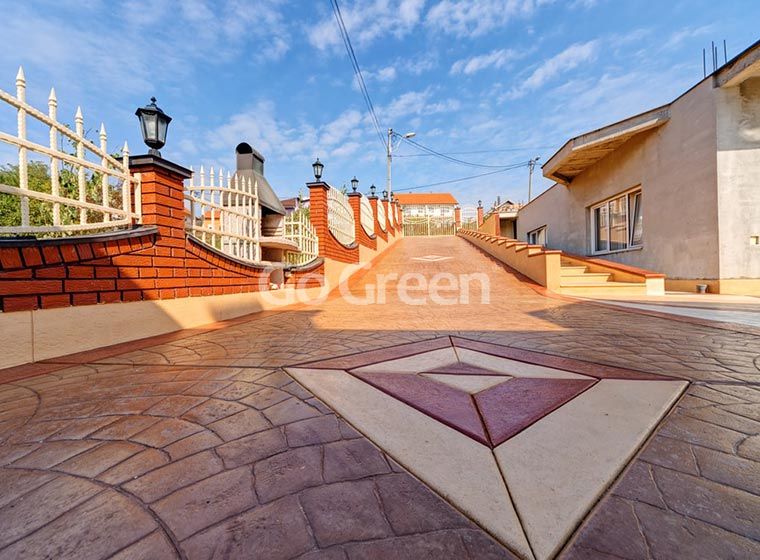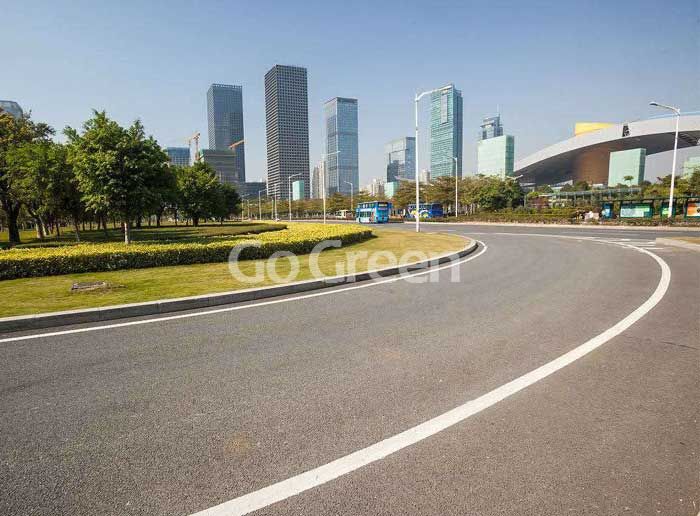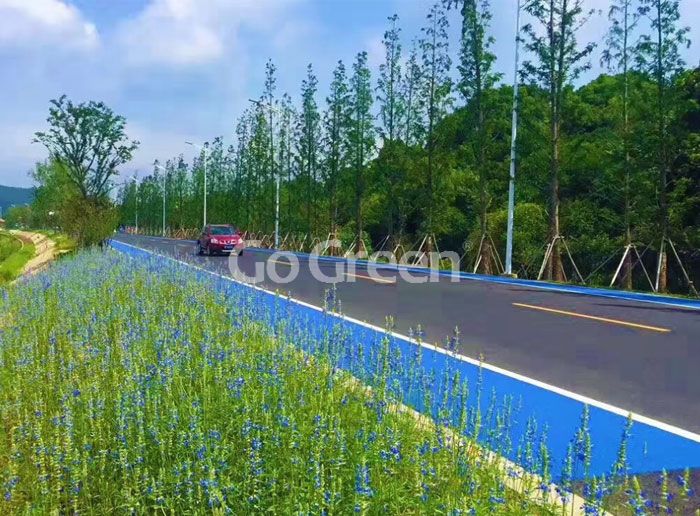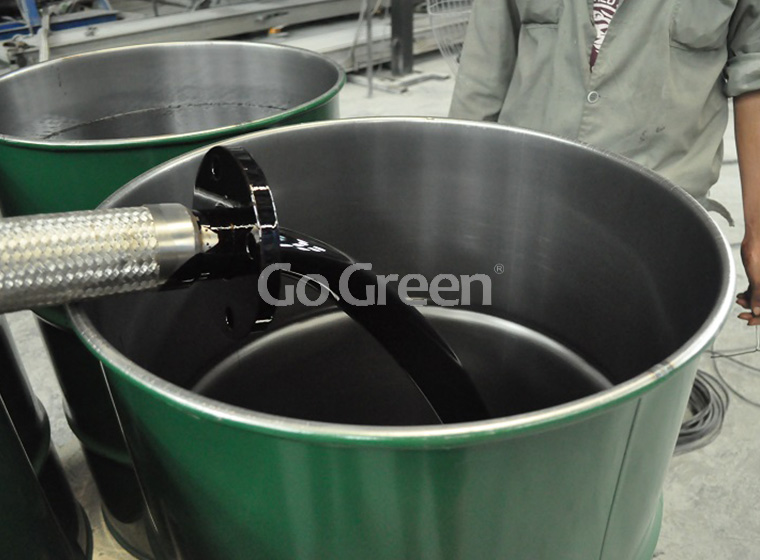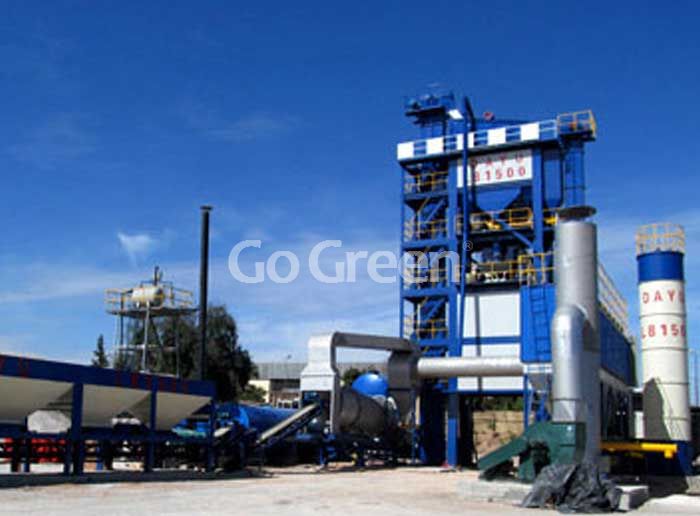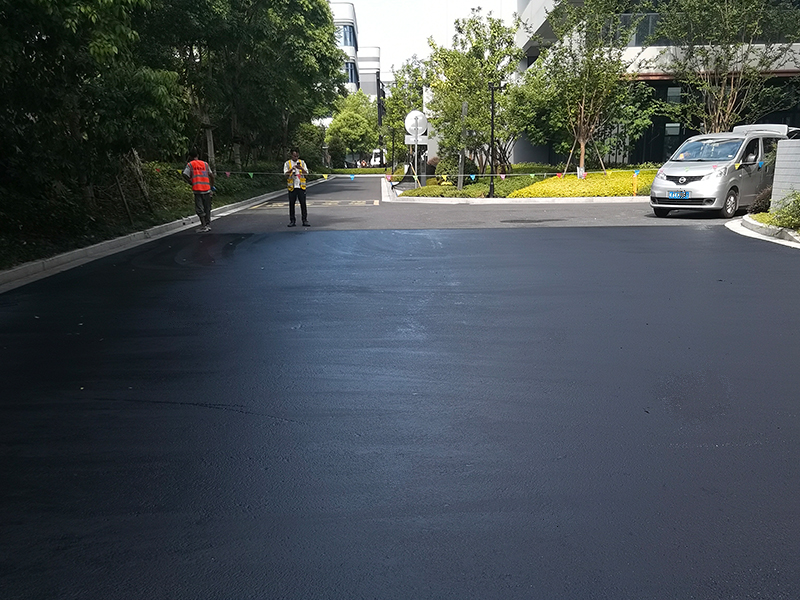
Contact Us
- Go Green Industrial (Shanghai) Co.,Ltd.
- Phone: +86 21 6105 3027 / 6100 9307
- Mobile: +86 159 0079 5274
- Fax: +86 21 5187 6819
- E-mail: sales@go-green.com.cn
- Add: 12th Floor, YongYe Mansion. No.2240 South Pudong Road, Pudong New District. Shanghai, China 200127

Copyright © Go Green Industrial (Shanghai) Co.,Ltd. All Rights Reserved | Sitemap

Follow us on Wechat

